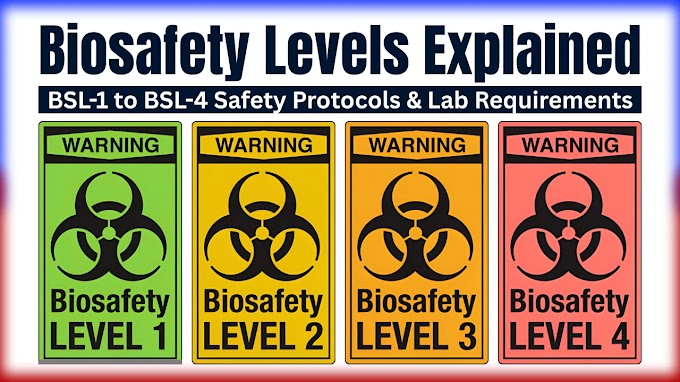For years, scientists viewed a newborn's immune system as an inferior version of an adult's. However, recent research from Cornell University reveals a surprising truth: **newborn T cells excel at fighting off numerous infections during the crucial early stages, offering a crucial first line of defense.
This discovery, published in Science Immunology, challenges the long-held belief that infant T cells are simply weaker versions of their adult counterparts. It also helps explain why infants often respond differently to infections compared to adults.
The research team, led by Dr. Brian Rudd and Dr. Andrew Grimson, found that unlike adult T cells which rely on adaptive immunity (remembering specific pathogens), newborn T cells leverage the innate immune system. This innate response offers rapid, broad protection against unfamiliar microbial threats.
Essentially, newborn T cells act like first responders, providing immediate defense against a wider range of invaders, while adult T cells function like experienced detectives, specifically targeting previously encountered threats.
"Our research demonstrates that neonatal T cells are not weaker, but rather different," explains Dr. Rudd. "These differences reflect the specific needs of the immune system at different stages of life."
This unique characteristic allows newborn T cells to:
- Respond rapidly during the initial stages of infection, before the adaptive immune system has time to mobilize.
- Combat a broader range of pathogens, including those the infant has never encountered before.
However, it's important to note that adult T cells still play a vital role in long-term immunity and defense against repeat infections.
Dr. Rudd's team plans to further investigate the persistence of these unique T cells in adults and explore how their presence might influence susceptibility to infection and disease outcomes.
This research paves the way for a deeper understanding of the intricacies of the immune system across different life stages. It also holds potential for future therapeutic advancements aimed at harnessing the unique properties of T cells for improved immune defense.
Reference:


%20Technique%20A%20Comprehensive%20Guide%20to%20Water%20Quality%20Testing%20and%20Microbiological%20Analysis.webp)

~1.webp)


.webp)
